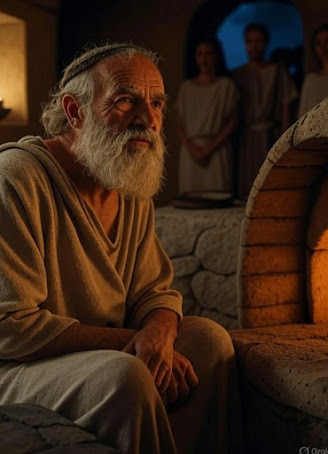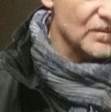Is Poetry Metaphysics? First Lesson

Consider this poem:
C'è un punto in cui - il silenzio
È tutto. In cui inutile è dire
Inutile parlar - lì è pienezza.
E non piccolo il frutto è dove
Si sa che il tacere dà esempio.
Parlare e oltre il limite adire
Porta un danno al senso d'altezza
Ove di sé conosce ciò che muove.
There is a point where silence—
Is everything. Where speaking is futile,
Useless to utter—there lies Fullness.
And no small fruit is borne where
It is known that silence sets the example.
To speak, to transgress the limit,
Damages the sense of height
Where the self knows what moves it.
Here, the poet reformulates Wittgenstein’s famous dictum from the Tractatus Logico-Philosophicus:
Wovon man nicht sprechen kann, darüber muss man schweigen
(Whereof one cannot speak, thereof one must be silent).
This idea was anticipated by Saint Augustine in De Cura Pro Mortuis:
Non enim parvus est fructus, si aliqua obscura et incerta, quae comprehendere non valemus, clarum saltem certumque sit nobis non esse quaerenda; et quod unusquisque vult discere, putans prodesse si sciat, discat non obesse si nesciat.
(For it is no small fruit if, regarding things obscure and uncertain that we cannot grasp, it becomes at least clear and certain to us that they should not be sought; and that what each person wishes to learn, thinking it beneficial to know, they may learn it does not harm them to remain ignorant of)
In the poem below, the poet’s inquiry forms the very foundation of a metaphysical grounding of our existence. The poem questions the experience of life itself, opening new horizons:
Quante volte hai detto: "Ti ricordi?"
Per dirmi della mano che spingeva
Noi di lontano e al futuro poi
Guardando dietro allora "Ti ricordi?"
Mi dicevi "Ti ricordi il giorno
quando...? Ti ricordi come volevi...?"
Al suono di quella domanda
Ora un calore della passione
Di speranza e di paura sale
Di sbagliare, del timor di cadere
Se la mano invisibile dietro
Non seguiva. Ma ora - come suona
Dolce quel "Ti ricordi", tu, non senti?
How many times have you said: Do you remember?
To tell me of the hand that pushed
Us from afar, and then toward the future—
Looking back, saying, Do you remember?
You’d say, Do you remember the day
When…? Do you remember how you wanted…?
At the sound of that question,
Now a warmth of passion rises—
Of hope, of fear, of erring,
Of the dread of falling
If the invisible hand behind
No longer followed. But now—how sweet
That Do you remember sounds, don’t you feel it?
In the first poem, the poet identifies a point, not a limit, where that point discloses, reveals a state where the finitude meets the infinitude and where the finitude derives meaning from the infinitude. At this edge, language collapses because it is unable to consign to finitude what is experiencing. By using a poetic language, the poet enables himself to look inside ordinary things, into their depth, where the thing itself is silent and unveils a Fullness that cannot be expressed in words but only perceived. Or at least words cannot adequately seize that Fullness that the poet nevertheless captures in the moment of its disclosure. Only poetry can hold that fracture open.
In the second poem through an insistent questioning "Do you remember..." the poet investigates a supernatural force (hand) that intervenes and takes place in the natural reality. Modernity excludes, negates, the presence of the supernatural in the world, in the saeculum. When you remember the past, that force becomes clear and evident because one realizes how what you were brought to choose was not your choice, but just following the flow of a decision made elsewhere.
Published on May 28, 2025 12:00
No comments have been added yet.



